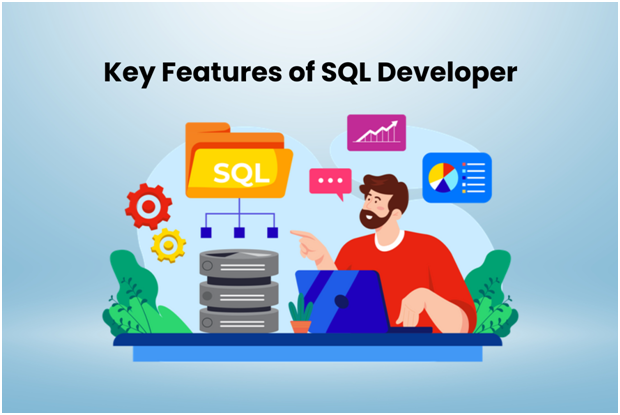Collaboration and productivity are the cornerstones of a successful modern organization. However, achieving a harmonious blend of both can be a daunting task in the age of information overload. Knowledge management tools have risen to the challenge, offering sophisticated solutions to streamline processes, encourage effective communication, and foster a culture of knowledge sharing. Below, we delve into why these tools are pivotal in today’s business landscape and how they can significantly improve your team’s dynamics and efficiency.
Exploring the Impact of Knowledge Management Tools on Team Dynamics

Effective team dynamics are built on easy access to information and seamless collaboration. Knowledge management tools catalyze enhancing these dynamics, creating a centralized hub where team members can tap into a wealth of resources. By simplifying the process of acquiring and sharing expertise, these systems break down silos and promote a more cohesive working environment.
When information flows freely within an organization, teams can leverage collective knowledge to drive innovation. This accessibility reduces redundant efforts and empowers employees with the proper knowledge at the right time. As a result, the decision-making process becomes more informed and streamlined, directly benefiting the organization’s strategic goals.
The social aspects of knowledge management tools also contribute to improved team dynamics. Team members can interact and build rapport through forums, comment sections, and collaborative workspaces. This social connectivity boosts morale and fosters a sense of community where knowledge is valued and shared willingly.
Furthermore, providing an environment where insights and experiences are documented and easily retrievable instills a learning culture. It encourages team members to contribute actively and become part of a learning organization where everyone, from interns to executives, plays a role in knowledge cultivation.
Streamlining Communication With Centralized Information Systems
Centralized information systems are the backbone of efficient communication in any organization. By consolidating data and resources in one location, knowledge management tools break down barriers to information access. This centralization minimizes the time spent searching for documents and data, making communications swift and more effective.
All team members accessing the same information significantly reduces inconsistencies and misunderstandings. This ensures everyone is on the same page, which is crucial when working on complex projects involving multiple stakeholders. Centralized systems also provide a platform for streamlined workflows, where assignments can be tracked and progress monitored in real time.
Knowledge management systems often come equipped with notification and alert features, which help to disseminate information promptly. Whether it’s an update to a document or a new contribution to a project, stakeholders are immediately informed, ensuring that everyone is aware of the latest developments.
Additionally, such platforms are not limited by geographical barriers, enabling remote teams to communicate with the same effectiveness as those in a physical office. This flexibility is invaluable in today’s globalized business environment, where teams can span various time zones and locations.

Finding the correct information swiftly is a frequent challenge in collaborative environments. Advanced search capabilities within knowledge management systems are pivotal in overcoming this hurdle. By incorporating sophisticated algorithms, these tools can swiftly comb through vast data repositories to retrieve relevant information, saving precious time and resources.
Advanced search features often include the ability to filter by content type, author, date, and other metadata, making locating specific documents or data points straightforward. This precision prevents team members from sifting through irrelevant information, allowing them to focus on the task.
Incorporating artificial intelligence and machine learning in these search functions can enhance their utility. These technologies can predict and suggest content based on a user’s behavior and preferences, promoting a personalized and efficient search experience. This proactive approach to information retrieval can be a game-changer in high-pressure scenarios where time is of the essence.
Overall, utilizing knowledge management tools represents an investment in an organization’s most valuable asset—its knowledge capital. These systems foster an environment of collaboration and productivity that delivers immediate operational benefits and sets the stage for sustained growth and innovation.









